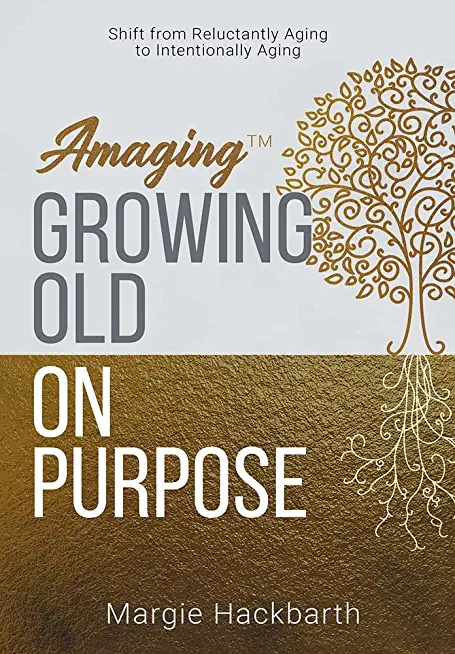
A hot cup of tea, coffee, or cocoa is calming and comforting--but how can holding a warm mug affect our emotions? In Heartwarming, social psychologist Hans Rocha IJzerman explores temperature through the long lens of evolution. Besides breathing, regulating body temperature is one of the most fundamental tasks for any animal. Like huddling penguins, we humans have long relied on one another to maintain our temperatures; over millennia, this instinct for thermoregulation has shaped our lives and culture.
Temperature contributed to our evolution--our upright walking, our loss of fur, and our big brains--and now continues to affect our lives in unexpected ways, and the link from a warm mug to our emotions is anything but straightforward. Studies have shown, for example, that a chilly deliberation room can predispose a jury to convict and that a cold day can make us more likely to buy a house. Our mind-body connection works the other way, too: thinking about friendly or caring people can make us feel warmer. Understanding how we subconsciously strive to keep our temperature in an optimal range can help us in our relationships, jobs, and even in the world of social media.
As IJzerman illuminates how temperature affects human sociality, he examines fascinating new questions: How will climate change impact society? Why are some people chronically cold, and others overheated? Can thermoregulation keep relationships closer, even across a distance? The answers offer new insights for all of us who want to better understand our bodies, our minds, and each other. Heartwarming takes readers on an engaging journey through the world, seen from the perspectives of coldness and warmth.







